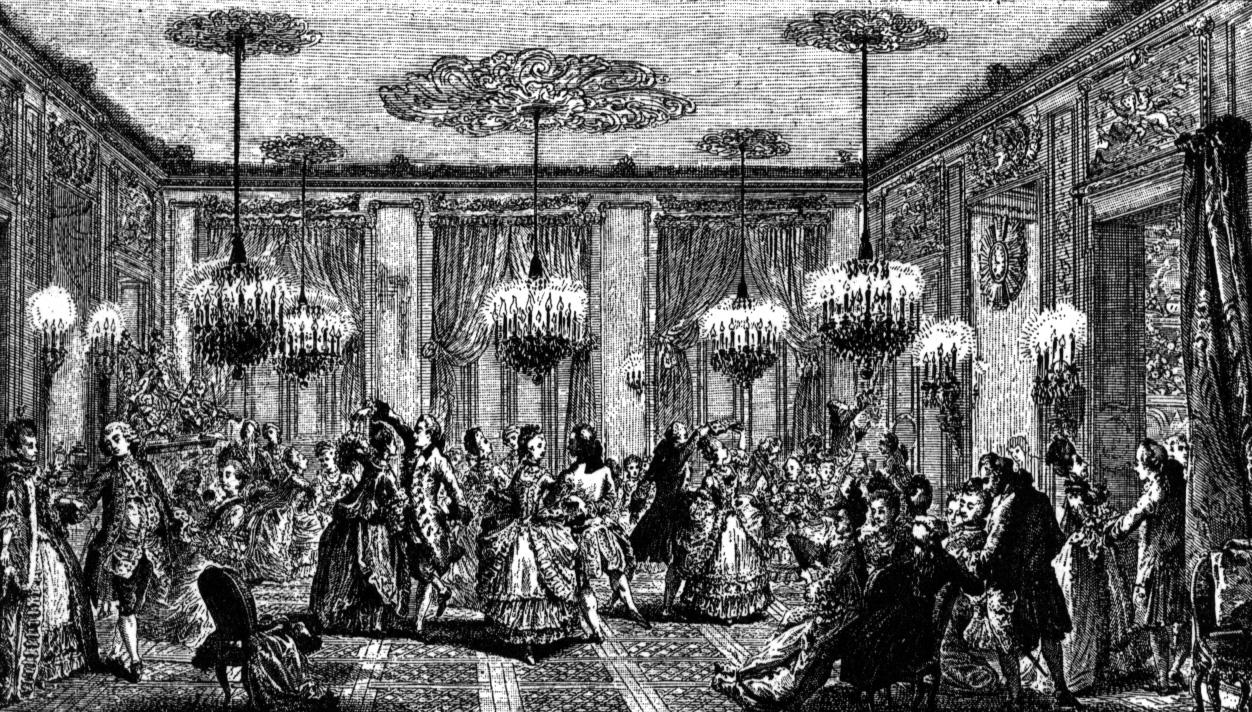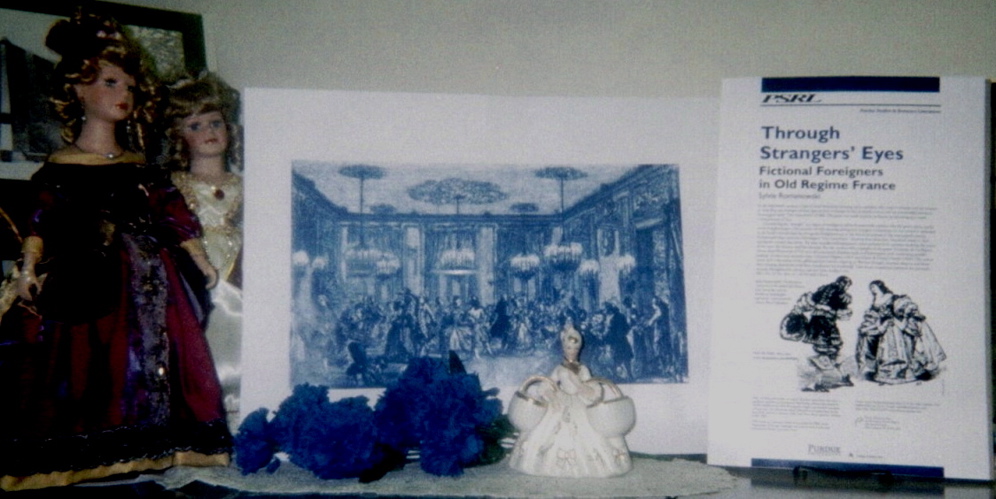Through Strangers’ Eyes: Fictional Foreigners in Old Regime France
Sylvie Romanowski
In the eighteenth century, a type of novel flourished showing naive outsiders who come to Europe and are amazed at what they see. Foreign travelers first set foot in Europe in the sixteenth century and are memorably present in Montaigne’s essay “Des Cannibales” (1580). The genre was made popular in France by Montesquieu’s novel Lettres persanes (1721).
Considering the “stranger” as a figure of ambiguity, Sylvie Romanowski explains why the genre was so useful to the Enlightenment. The question of why showing ambiguous strangers is important in that period is addressed in the book’s introduction by setting the Enlightenment in the historical context of the seventeenth century. Romanowski then examines Montaigne’s “Des Cannibales,” showing how these first “outsiders” relate to their eighteenth-century successors. She next considers Montesquieu’s Lettres persanes in its entirety, studying the voices of the men, the women, and the eunuchs. She also studies other examples of the genre: Françoise de Graffigny’s Lettres d’une Péruvienne (1752) as a self-consciously feminist reply to Montesquieu, and, continuing parallel readings of men’s and women’s texts, Voltaire’s L’Ingénu (1767) and Claire de Duras’s Ourika (1824). The author closes with a discussion of the philosophical tension, ongoing in Western thought, between skeptics and those who, refusing skepticism, seek firm foundations for knowledge. This draws connections between the sixteenth century, the eighteenth century, and our “post modern” era.
"This study handles not only a complex series of texts and intertextual relationships with lucidity, but brings expertise to the discussion of the various critical postures that merit consideration when dealing with the notion and practice of alterity. The book is particularly successful in integrating modern critical approaches into what amounts to some close readings of the explication de texte kind, and it does so with minimal recourse to jargon." Kenneth Lloyd-Jones, Trinity College
For reviews of this book, see
New Scholarly Books, The Chronicle of Higher Education, 52.14 (25 Nov. 2005).
"The title of this book suggests a literary study, but its underlying concerns are rather more philosophical. ... this study is wrotten quite fluently and almost informally." Robin Howells, French Studies 61.3 (2007): 371-72.
"The author emphasizes the works that rose from the Regency through the Restoration, and effectively increases understanding of Enlightenment France. Recommended. Graduate students, researchers, faculty."A. H. Pasco, Choice (Apr 2006): 1410, no. 43-4553.
indexed in Essay and General Literature Index, H. W. Wilson click here <http://www.hwwilson.com/Databases/eglbk_06.htm>.
Sylvie Romanowski, Northwestern University, is the author of L’illusion chez Descartes (1974) and has written on seventeenth-, eighteenth-, and twentieth-century French literature.
© 2005 www.arttoday.com
Display Case in Stanley Coulter Hall, October 2005.
1-55753-406-3
2005. Vol. 33. xiv, 257 pp. Paper $43.95

